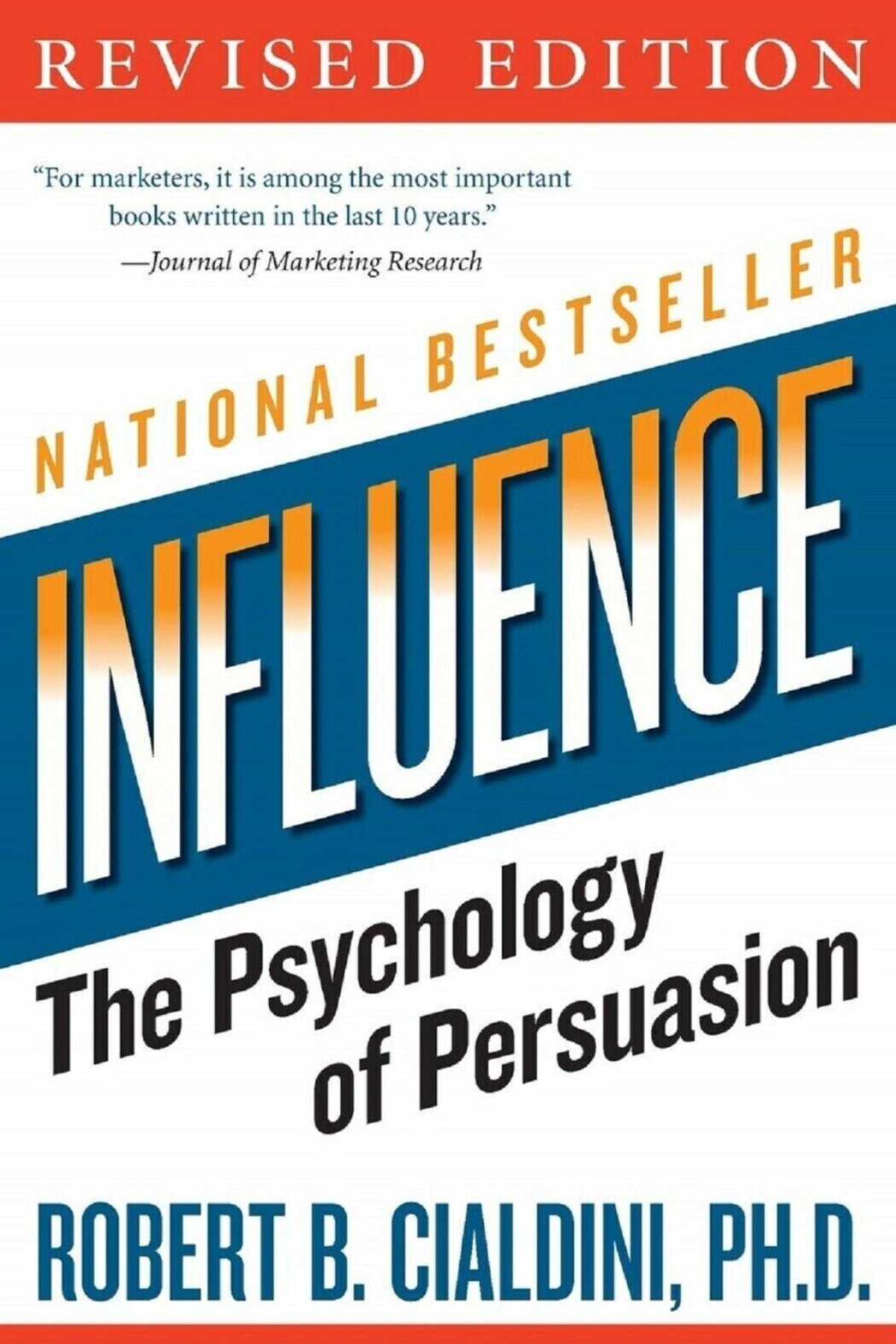Often we don’t realize that our attitude toward something has been influenced by the number of times we have been exposed to it in the past.
- Robert B. Cialdini
Influence, written by Robert Cialdini, comes highly recommended and has long been on my reading list. Despite repeatedly postponing reading it, I finally delved into it as my first book of 2024. It was indeed worth all the time and lived up to its credit as an acclaimed book that explains the psychology of why people say ‘’yes” under the compounding effects of six universal principles, the triggers of compliance. /n Unlike mere theoretical discussions, Influence is enriched with examples from experiments conducted by academics and observations made by Cialdini during his time working with compliance professionals like sales operators and fundraisers. It is both entertaining and easy to comprehend
I had a lot of “Aha” moments when reading Influence and started to reconsider various situations where I believed my decisions were entirely objective. For example, the principle of Scarcity vividly reminded me of the immense pressure and urge to immediately pay a 500-pound deposit during a group viewing for a rental in London. Indeed, it is a stark realisation that, 90% of the time, one believed his decisions- from purchasing a car to voting for a politician- are logical, when in fact, one is being influenced without even being aware.
Understanding the foundations of why these principles impact our decision-making has been enlightening. Mr Robert attributes this to the evolution of society, or in broader terms, social sciences. He argues that survival in a societal context, where humans depend on group cohesion, has led to innate behaviours like following the crowd in uncertain or ambiguous situations or when those around us are similar—demonstrating the principles of social proof and liking. Historically, These behaviours have aided human survival and are still valid today.
It reminds me how vulnerable one is to these principles, especially when used to their advantage by compliance professionals. It draws an alarming parallel to humans who, to some extent, are indifferent to the female turkey that responded mechanically to simulated chick sound, particularly in today’s world where the explosion of information exceeds what one's brain power can process. I agree with Mr Cialdini that our automatic responses are the result of thousands of years of evolution, designed to conserve energy during the Stone Age, and now it is a shortcut for one to navigate the modern world. However, this should not excuse ignorance of these principles or surrender to compliance professionals. A proactive stance is necessary.
My key takeaway is the importance of awareness regarding how these six principles might influence my decisions. Recognising when I'm in such situations allows me to critically assess whether I'm making logical choices that align with my objectives—a profound exercise in self-understanding. While challenging, being mindful of these traps is a crucial first step, and reading Influence is an excellent beginning.
Influence is, without a doubt, a must-read for everyone. It aligns with great psychological and neural science books such as The Brain: The Story of You, Think Fast and Slow, and Money Psychology, which offer different perspectives on understanding human man behaviours in specific scenarios. It has sparked my interest in social science, the evolution of society, and the fundamentals of our behaviours. There is much to learn!
